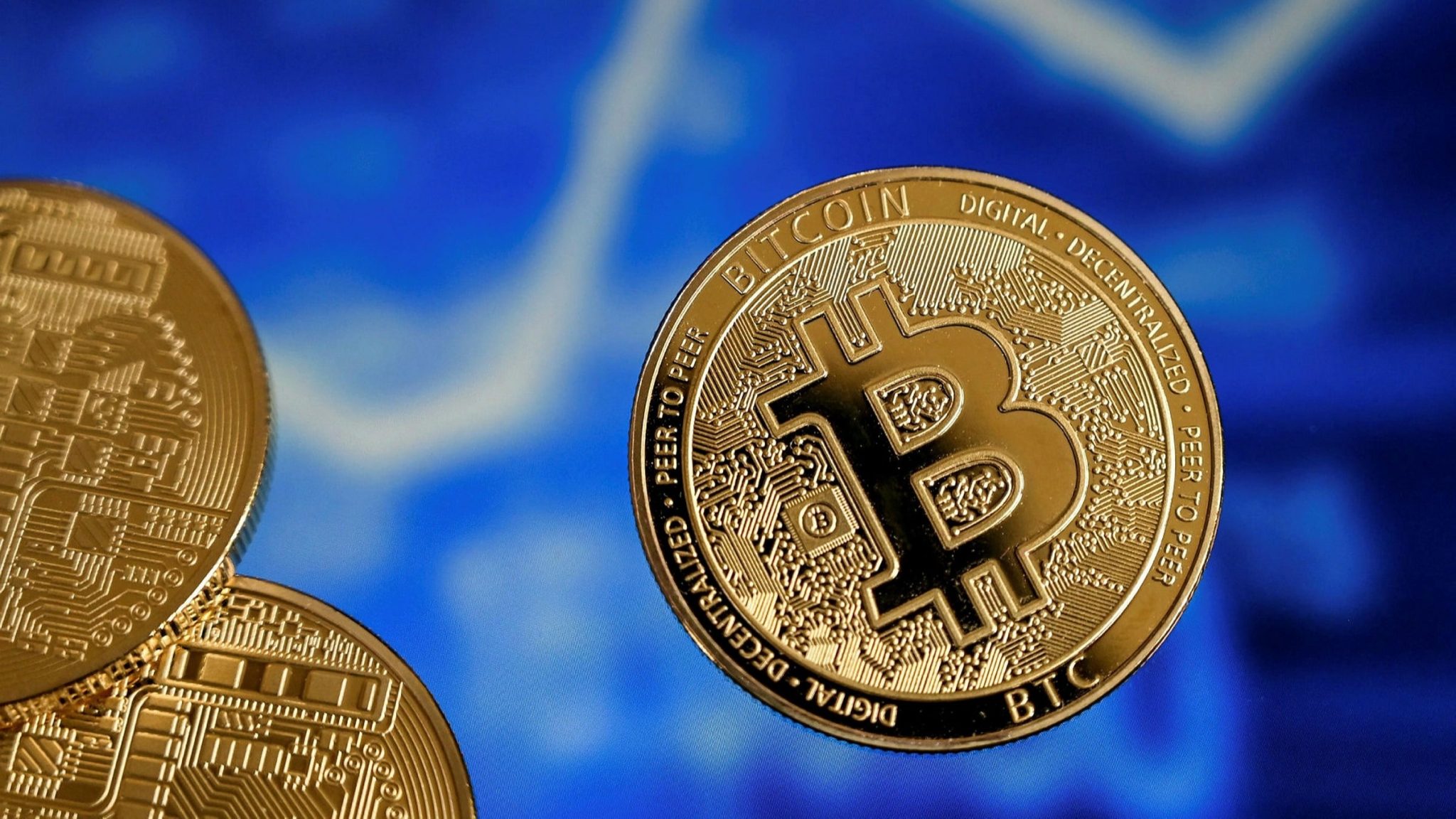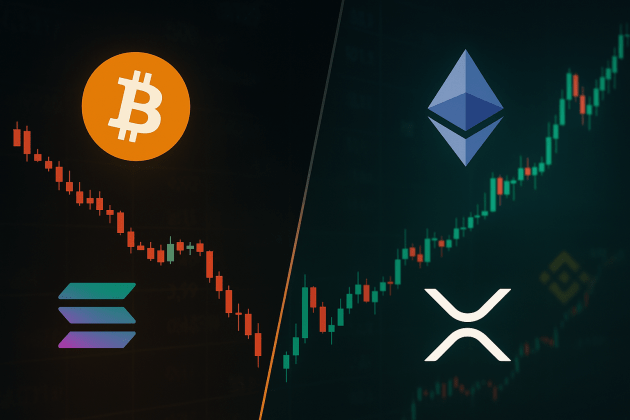U.S. Commerce Department said Trump is not negotiating equity stakes with quantum computing companies like IonQ, Rigetti, or D‑Wave
The U.S. Commerce Department said on Thursday it’s not in talks with quantum computing companies about taking any ownership in exchange for federal money.
A spokesperson told CNBC, “The Commerce Department is not currently negotiating equity stakes with quantum computing companies.”
That flat-out denial came after the Wall Street Journal reported that the Trump administration had supposedly opened talks with companies like IonQ, Rigetti Computing, and D-Wave Quantum.
Despite the denial, traders didn’t wait. They hit the buy button. On Thursday, Rigetti and IonQ shares jumped 7% each. D-Wave Quantum flew even higher with a 13% gain. Quantum Computing Inc. added 5%.
No one cared whether the talks were real or not. The mere idea of Trump entering the chat was enough to move the market.
Trump took equity in Intel and MP Materials
The Trump administration has been buying stakes in companies it considers strategic. In August, the U.S. took a 10% equity stake in Intel, the top American chipmaker. It also scooped up 15% of MP Materials, a rare-earth mining company. China, meanwhile, has been tightening its grip on rare-earth exports.
This new equity strategy is not normal. Experts are saying this is the first time in decades that the U.S. government is using public funds to take ownership in private firms at this scale.
Inside the administration, Commerce Secretary Howard Lutnick is one of the loudest voices behind the shift. He believes that if taxpayer money is helping a company grow, the public should also get a cut of the upside.
Trump officials say it’s about keeping the U.S. secure, but also about getting something real in return.
Quantum firms pull cash but not revenue
The companies at the center of this mess (IonQ, Rigetti, D-Wave, and Quantum Computing Inc.) are racing to build a computer that can outperform today’s fastest supercomputers.
If successful, it would do insane things like solve complex equations in seconds, discover new drugs, or crack military encryption. That’s why governments are watching closely. The Pentagon has a reason to care.
But here’s the catch. So far, quantum computers don’t actually do anything useful. They’re still stuck in the research phase. There’s no real product yet. And that means almost no revenue. According to a McKinsey report, all the quantum players combined pulled in less than $750 million last year.
Still, the space is flooded with investment cash; both private and federal. And on Wednesday, Google said its quantum machine ran an algorithm over 13,000 times faster than a regular one.
Even better, a second quantum computer confirmed the result, something past studies couldn’t pull off. So the buzz is still alive, even if no one can actually use these machines for anything yet.
The market, of course, didn’t need a real product to go up. On the same day, the S&P 500 rose 0.58% to 6,738.44. The Dow Jones added 144.20 points, closing at 46,734.61. The Nasdaq jumped 0.89% to 22,941.80, helped by Nvidia, Broadcom, and Amazon. Oracle, which is also tied to AI, gained nearly 3%. The market made back all the losses from the day before, when tech names took a hit and investors dumped risk.
Claim your free seat in an exclusive crypto trading community - limited to 1,000 members.
You May Also Like

Horror Thriller ‘Bring Her Back’ Gets HBO Max Premiere Date

The Most Critical Day and Level for Bitcoin Has Been Determined – Here’s What to Watch Out For
